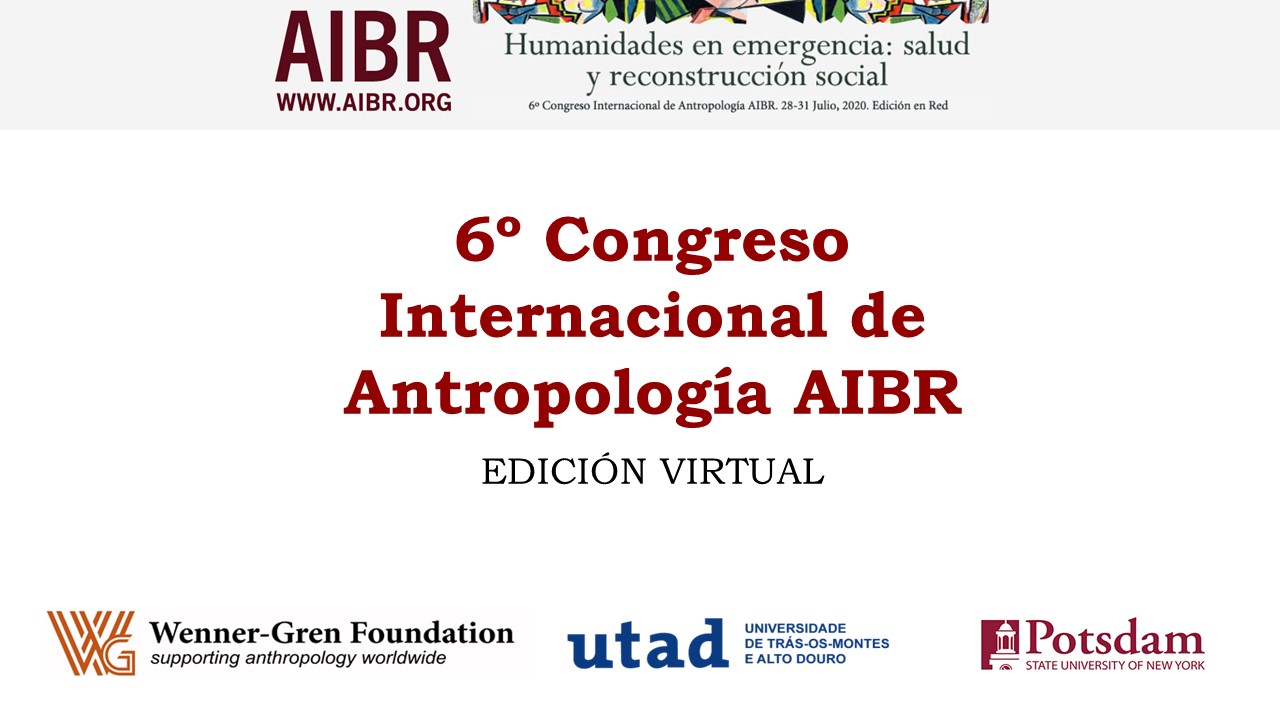Anthro-experts in European Courtrooms: Multicultural Jurisprudence and Indigenous Land Rights
Indigenous issues have been generating original dilemmas in socio-legal scholarship. They relate to the inherent capacity of human rights to offer a meaningful response to the claims of multiethnic groups such as minorities. Cultural relativism (GEERTZ, 1983) and legal pluralism (BENDA-BECKMANN, 2002) have been keywords in this debate. From a Global South perspective (SOUSA SANTOS, 2013), the concepts of jurisversity and inter-legality (SILVEIRA, 2014) have been regarded as essential legal tools in plurinational societies. The plight of indigenous peoples has recently acquired burning topicality. Indigenous peoples represent 5% of the global population and account for about 15% of the extreme poor (WORLD BANK, 2019). The main reason behind their precarious situation lies in the structural discrimination against culturally diverse groups in the society. In Europe, the situation of the Sami People is an illustrative case in point. The Sami people have a special relationship to their lands that are responsible for their very survival and collective cultural identity. Conversely, the Sami people have a fragile land tenure over their territory. By using an interdisciplinary perspective, this study addresses the potential role of anthropologists in European cases concerning Sami land rights. Notably, despite the complaints filed by the Sami, the European jurisprudence does not regard land rights as property rights (KOIVUROVA, 2011). The ECtHR's formalistic approach undermines cultural diversity. To tackle this, this paper argues for an interdisciplinary dialogue between anthropologists and legal practitioners in judicial settings. The consideration of anthropologists as expert witnesses is urgently needed.










